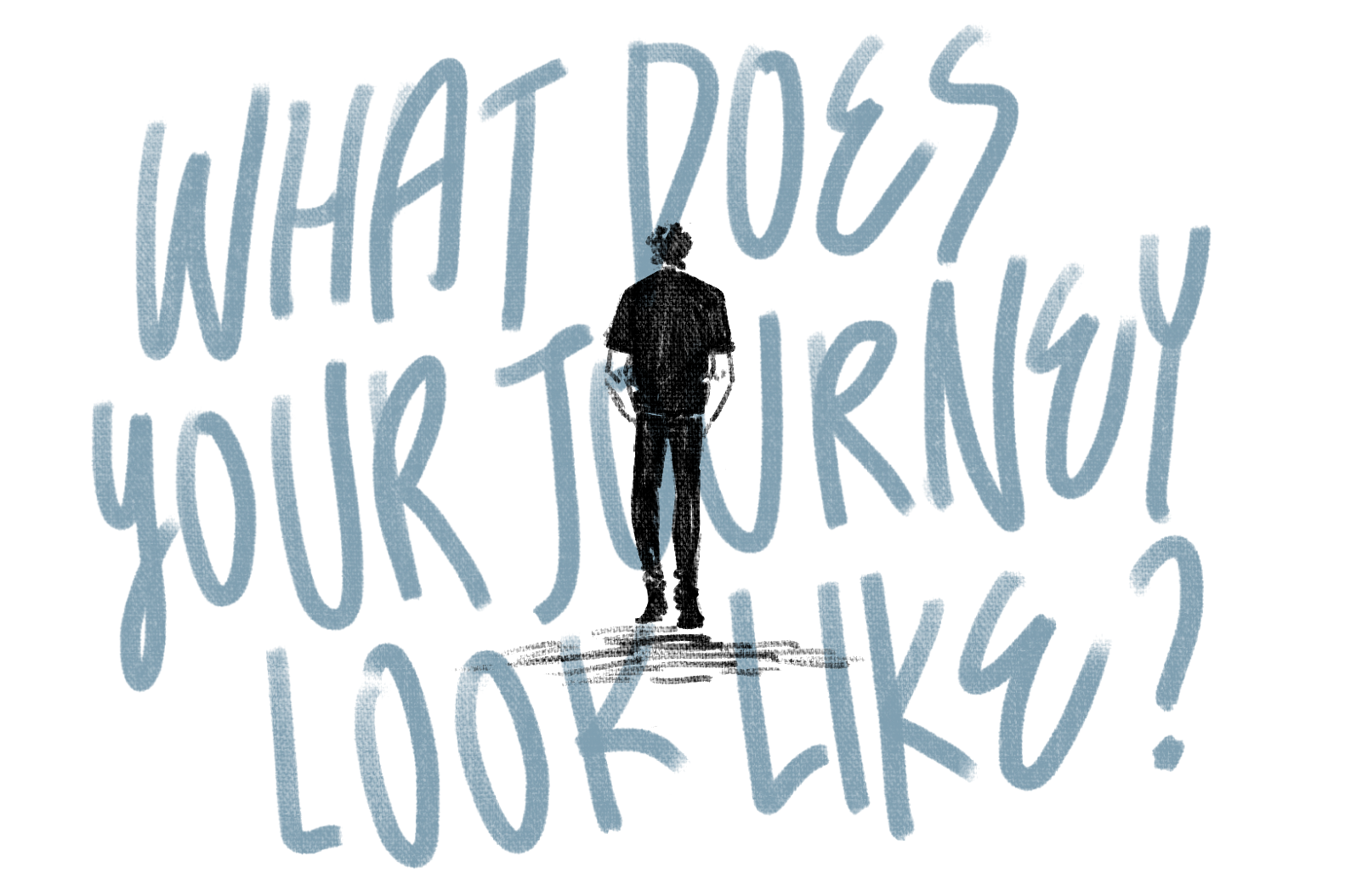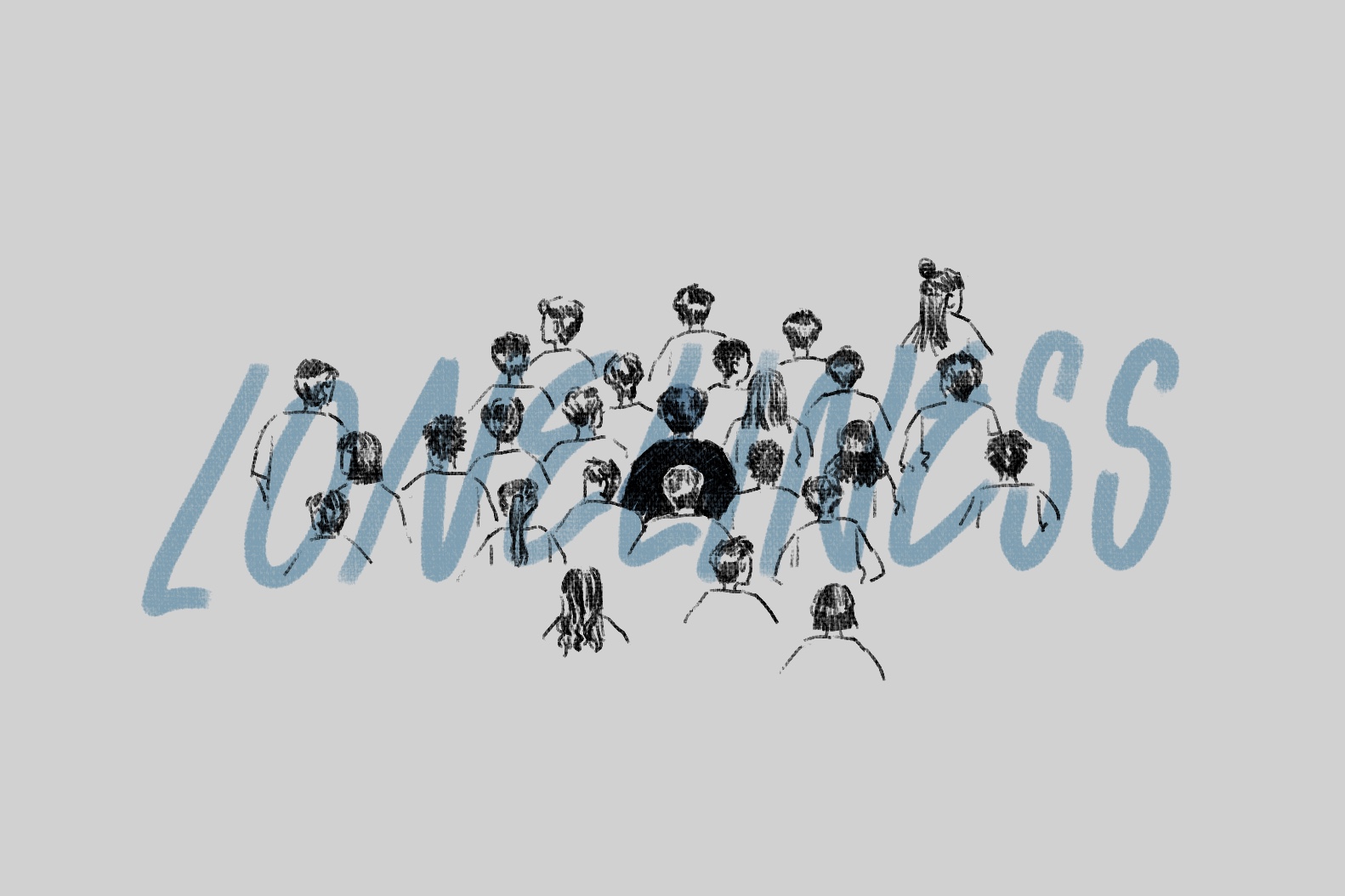Is it just me, or is it hard to make friends – and harder still to keep them?
That was the lamentation I made to a friend in between bites of an overpriced Subway sandwich.
I didn’t know it at the time, but that Tuna-flavoured whine really was the cry of my heart – a resigned sigh to sum up my experience of friendships through the last couple of years.
Most of us aren’t unfamiliar with the ills that the pandemic has wrought on our social lives: I’ve lost touch with friends as a result of the coronavirus; my loner tendencies only heightening alongside each new measure raised to keep us safe and at home.
Adding to all this, there was that years-long mentoring relationship I had which came to an abrupt close rather unceremoniously some time ago. My mentee’s rapid vanishing act left me wondering at times if I had been failing him in the aspects of community and discipleship all this while.
Finally, fairly recently, I was facing the impending and seeming “failure” of a mentoring group after core members expressed their desire to look for a community that was more intentional and regular.
I try my hardest never to make things about myself, but it was difficult not to feel like the common denominator in what I saw as an ongoing series of “friendship failures”.
Is it me?
Unfazed by the fresh sourness I had brought to our already-tart sandwiches, my friend, Josh, simply offered: “I believe friendships can be for a season. And when they’re older, when there’s more time and there are less needs… some of them might be back.”
I shrugged and tried to take the point. I mean, it’s true: everyone’s busy at 30.
If you’re not climbing some ladder somewhere, you’re having a baby (though friends who are pregnant should not be climbing a ladder).
Or you’re heavily involved in ministry, or you’re this or you’re that… I get it, it’s Singapore.

Josh’s answer was logical and sound, but it had bounced off me during that lunch as it didn’t quite speak to the shadow that lay over my heart when it came to friendships.
Indeed, nothing would for a period of time. It ended up taking many more months to write this article than I had anticipated, because I had been searching in my heart for an answer.
God, too, was also in the midst of revealing many things about friendships to me, including why I felt (and often still do) such great inertia when it came to reconnecting with people who had once been a part of my life.
What did I learn? Well, I was ashamed.
Mr Badfriend
I came to see that shame was the big problem lying deep beneath the façade of my introversion.
I felt shame over all the friendships that seemed to have disappeared in my life, whether they were those that were simply lost to the passing seasons or ones that had been eroded through my own neglect.

No one made me pick up this burden. But I, at some point, decided to carry this guilt with me in the realm of friendships – and it wound up making it very hard for me to connect with people.
All this while, I would still go out with old friends for dinner and try my best to have a deep conversation. At the end of the meet-up, they would say something like “it was really great catching up with you” and I just wouldn’t really be able to believe it.
How could it be? The shame I felt as Mr Badfriend and my own low view of myself dogged me and caused me to project my pessimistic expectations about friendship onto other people.
It warped my ability to see that they might actually appreciate the simple joy of companionship that I had to offer.
Shame is a hidden knife that cuts you within.
It can become so painful to bear on the inside, you cannot help but to shuffle and try and turn the blade outwards.
My blade jabbed at all the external factors I could point it at, carving little niches out of my life where convenient excuses, half-truths and lies could rest.
- This friend talks at me, he’s not a good listener
- This friend and I don’t get each other anymore
- Your inner circle tightens at 30, hardly meeting up is normal
- You only have so much social capacity, turn them down
- He didn’t invite me to his wedding, he doesn’t see me as an important friend
And just like that, these little lies in their high niches loomed over me like idols, as I did their bidding below, turning down outings, ignoring group messages and retreating within myself.

And so, for a long time, I had accepted these bleak conclusions about my friendships and continued to carry shame and hollow feelings about them.
That was until a younger cell member asked me something that shocked me to the very core.
Gideon, why is it you don’t seem to have any close friends?
There were any number of phrases I could have put together to give her an answer.
And it would probably have been a very coherent response, since I was, by then, well-practised in rationalising away this familiar sadness within my heart.
But on that silent drive in the car back with her, I found I didn’t have any words to form the answer I believed I had.
There are no neat answers
This is the part of the article where there should be some remarkable turnaround or breakthrough, but honestly… I’m not quite there yet.
Why is it you don’t seem to have any close friends? I still don’t know. And it’s a question that continues to weigh on me, just as the other responsibilities of this life stage do, as I step into my 30s.
Whenever I’ve had the time to ruminate on this uncomfortable question, I always come back to the same conclusion: often, there are no neat answers to the most painful things in our lives.
But I’m also learning this: if you allow yourself to be vulnerable, and sit with the things that make you most uncomfortable about yourself and your life, God can open old wounds to help you heal properly.
often, there are no neat answers to the most painful things in our lives.
I’m just not a very good friend, God. I don’t know why it’s like that, but please help me. And if I can’t find a friend like Jonathan, then at least help me to be one.
I am embarrassed even to write it out, but that’s an example of a painfully honest prayer I made. Honesty isn’t easy, even before God, since pride is human and no one likes to admit weakness.
But whenever I am able to be honest like that, whenever life forces me to reckon with the fact that there often are no cure-alls or easy solutions to its ills and problems, I find my heart a little less hardened and a bit more open to something new that God can do.
“A friend loves at all times, and a brother is born for a time of adversity.” (Proverbs 17:17)
God doesn’t answer neatly. More often than not, He brings you on a journey instead. That’s really what I’ve been seeing and learning in my own life.
And on this journey that I’ve been on, it’s taken me a long time but I have come to see that I am not a good friend.
I meet people at my convenience, I have been lazy to keep up with them and I hold on to offences. I have pretended to myself that I am not lonely, while quietly blaming all around me for the way I felt.
Such was the mask this cell leader wore, this most parched person pretending to be a well.
I’m not self-flagellating, though. Instead, I’m opening myself up to what God wants to teach me about friends and friendship.
For instance, I’m accepting that it’s very possible that my loneliness isn’t simply a friend issue, so much as it is a deeper one that has to do with the way I am wired and also the hurts I’ve experienced in life and ministry.

I have some clues that tell me these struggles I’m facing have to do with identity and the very manner in which I see myself.
If all that’s true, then my loneliness is less a friend issue than it is a matter of personal brokenness that only God can heal.
So, I’m open to that growth journey. I don’t just want to be a friend who isn’t lonely, I want to be the kind of friend who knows he’s not alone.
I think that’s someone who reaches out and loves others because he is a friend, not because he wants the security of having them.
Anyway, as I look back on that lunch that I had with Josh, I realised we had talked about life, problems and hopes for the future.
We had a meal together, encouraged and prayed for one another. That’s… fellowship (thanks, Josh!) and it got me thinking that I might need to adjust my expectations.
Maybe friendship is not so much some fuzzy feeling than it is special, shared moments to be appreciated between sojourners in this world.
Maybe. I know I don’t have all the answers, and the ones I do didn’t come neatly or without pain and effort, so I’m trusting God to lead me in this journey — one friend to another.









